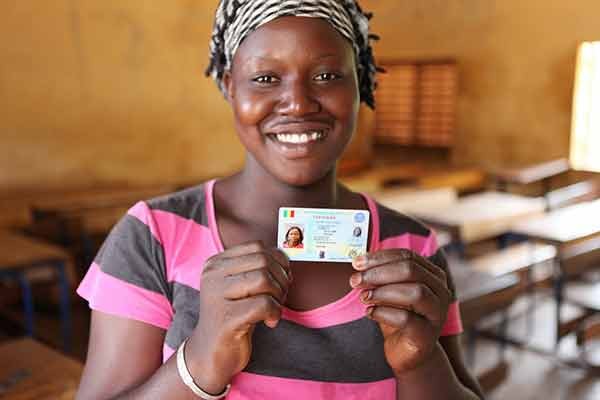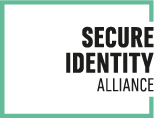Digital Identity: Towards Shared Principles for Public and Private Sector Cooperation A joint World Bank Group – GSMA – Secure Identity Alliance Discussion Paper

The ability to prove one’s identity is increasingly recognized as the basis for participation in social, political, economic, and cultural life.
Yet hundreds of millions of people in developing countries lack any form of legally recognized ID. This problem disproportionally impacts rural residents, poor people, women, children, and other vulnerable groups in Africa and Asia. Digital identity, combined with the extensive use of mobile devices in the developing world, offers a transformative solution to this global challenge and provides public and private sector entities with efficient ways to reach the poorest and most disadvantaged.
This discussion paper, divided into three parts, explores the connection between digital identity and sustainable development. Part I illustrates how the use of digital identity promotes efficiency gains, financial savings, social inclusion and access to basic services and rights, with examples from countries that have adopted digital identity systems.
The paper then outlines some of the key risks and challenges that must be overcome, specifically in the areas of political commitment, data protection and privacy, cost, and sustainable business models. Part II of the paper lays out the digital identity lifecycle and the roles of public and private sector players, and suggests some key considerations in the design of business models. Finally, Part III of the paper suggests some common principles—including universal coverage, appropriate and effective design, and privacy and data protection—and enablers for maximizing the potential of digital identity to contribute to sustainable development.

